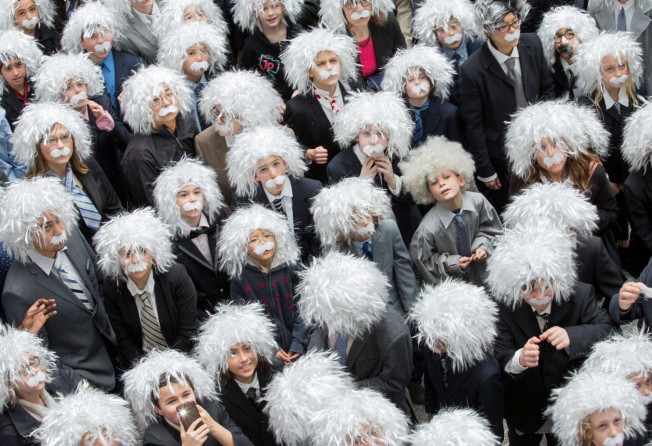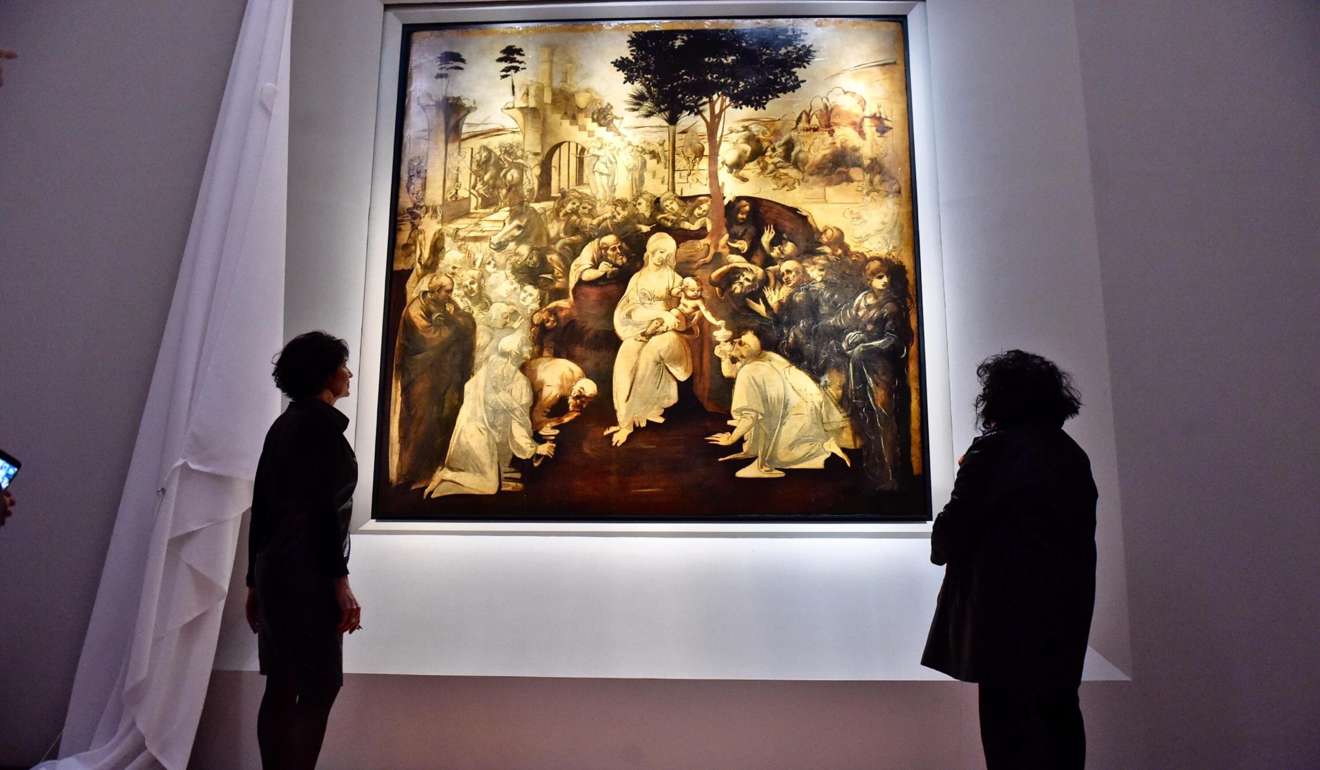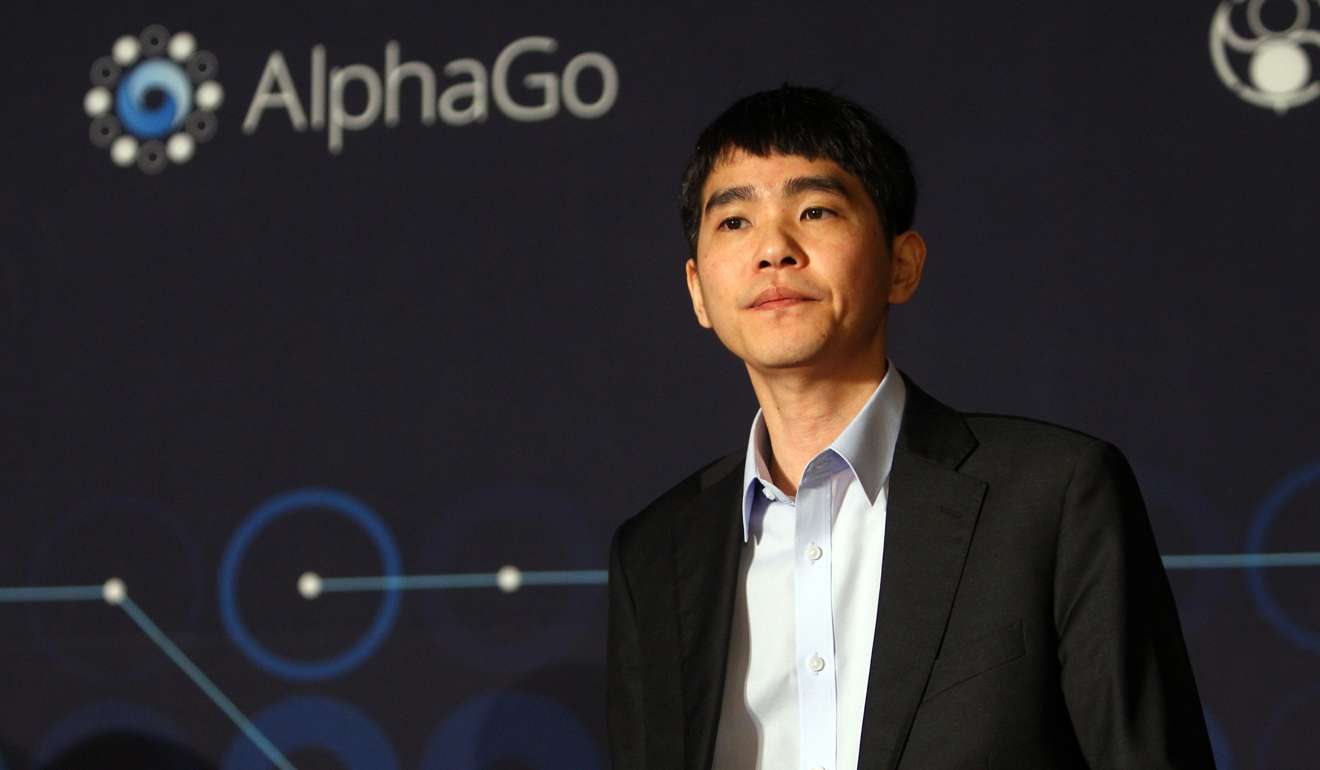Will technology make us or break us?
Andrew Sheng says breathtaking tech advances are making solutions to the world’s most vexing problems available to everyone, but organising for these changes remains the biggest challenge

Technology is so pervasive these days that we either have techno-optimism – that everything can be solved through technology – or technophobia – that technology will get rid of all our jobs, justifying protectionism.
Thanks to technology, US President Donald Trump is communicating with voters directly through his tweets, which have changed our perception of how leaders engage with their supporters. His tweets simplify very complex issues, but strike an emotional chord. Right or wrong, they are changing the game.
Watch: The top 10 TED talks of 2016
TED (Technology, Entertainment and Design) is a forum featuring short talks that explain things simply. And with Apple TV or Xiaomi’s Mi TV, we are now able to access global information easily. Of course, a lot of such information could be fake, misleading and even dangerous. But I am now learning faster through such talks and videos than through books and articles in print.
Even though I was an early fan and user of technology, I had not appreciated how much technology has changed the world and divided generations. As a baby boomer, the major input for me for serious decision-making had been print. But once I installed my TV box, I can now access, directly in my home, lectures, talks and documentaries on all kinds of topics. Indeed, with high-speed internet at home, I do not need to go to the library, university or any expert.

When I was shown virtual reality last year, I realised that soon, we will be able to have a direct conversation with any historical figure, like Aristotle or Confucius. Artificial intelligence can create an avatar, downloaded with everything Aristotle has written on any subject, and we can ask anything – and get an answer from AI as if Aristotle were still alive. Who needs human teachers after that? If students can ask the Einstein avatar directly about quantum physics or speak to Leonardo da Vinci about how to draw, who needs to go to university? Learning becomes a game with the best avatar teachers.
If students can ask the Einstein avatar directly about quantum physics, who needs to go to university?
Can technology deliver our salvation or will it ensure our ruin? The question is not answerable definitively, because despite our best precautions, there is no way we can predict where technology will lead. For example, we can already genetically engineer any cell or animal, including putting stem cells that would help us regenerate our lost cells or tissue and help us recover. Would such cutting-edge technology create new bugs or viruses that could create havoc with our health in future? Probably.
At the same time, we can use technology to slow our consumption of non-replaceable natural resources and improve our efficiency in many areas. What TED talks have done is to spread the good news about what can be done in specific areas, so any viewer is able to identify how to use these ideas in their own area of work or in their job or country.
Never has so much been available to so many. Bill Gates famously said that a genius is one in a million. Best-selling author Malcolm Gladwell, in his books Outliers, claims that an expert can be created from spending 10,000 hours on a particular subject. If true, then we are about to witness an explosion of global innovation from the young who are now able to work collectively together across the internet platform on any idea.

Last year, Google’s AlphaGo programme defeated the world Go champion Lee Se-dol, 20 years after IBM’s Deep Blue defeated world chess champion Gary Kasparov. As a game, Go is at least 300 times more difficult than chess; the moves are simpler but there are infinitely more permutations and combinations of moves. AlphaGo won by brute calculation force plus sheer memory power. It is also a learning programme. Because AlphaGo had the database of all human games played, it began to play by itself so it had a larger database of how games performed compared with any human Go master.
Technology may be available to all, but who chooses which technology to apply in a way that meets challenges will be the real winner
The human brain is now wired to AI, and the interaction will bring an unimaginable computing power to solving global problems.
Technology may be available to all, but who chooses which technology to apply in a smart way that meets today’s challenges will be the real winner. This is why tech firms are being valued significantly by the market more than traditional businesses.
If you watch on TED how Kenya is able to use its best talents in technology to change very problematic governance barriers, you would realise that change is possible, even in politics. We are on the cusp of a major breakthrough in tech-enhanced social organisation, even though it feels that we are on the edge of chaos.
How we organise for change is truly a mindset problem that only each group, city or country can sort out for itself. If the leader does not choose, the group will choose anyway. Leadership in the 21st century is to recognise the self-organisation that comes from complex systems and to energise and empower such innovation.
Andrew Sheng writes on global issues from an Asian perspective